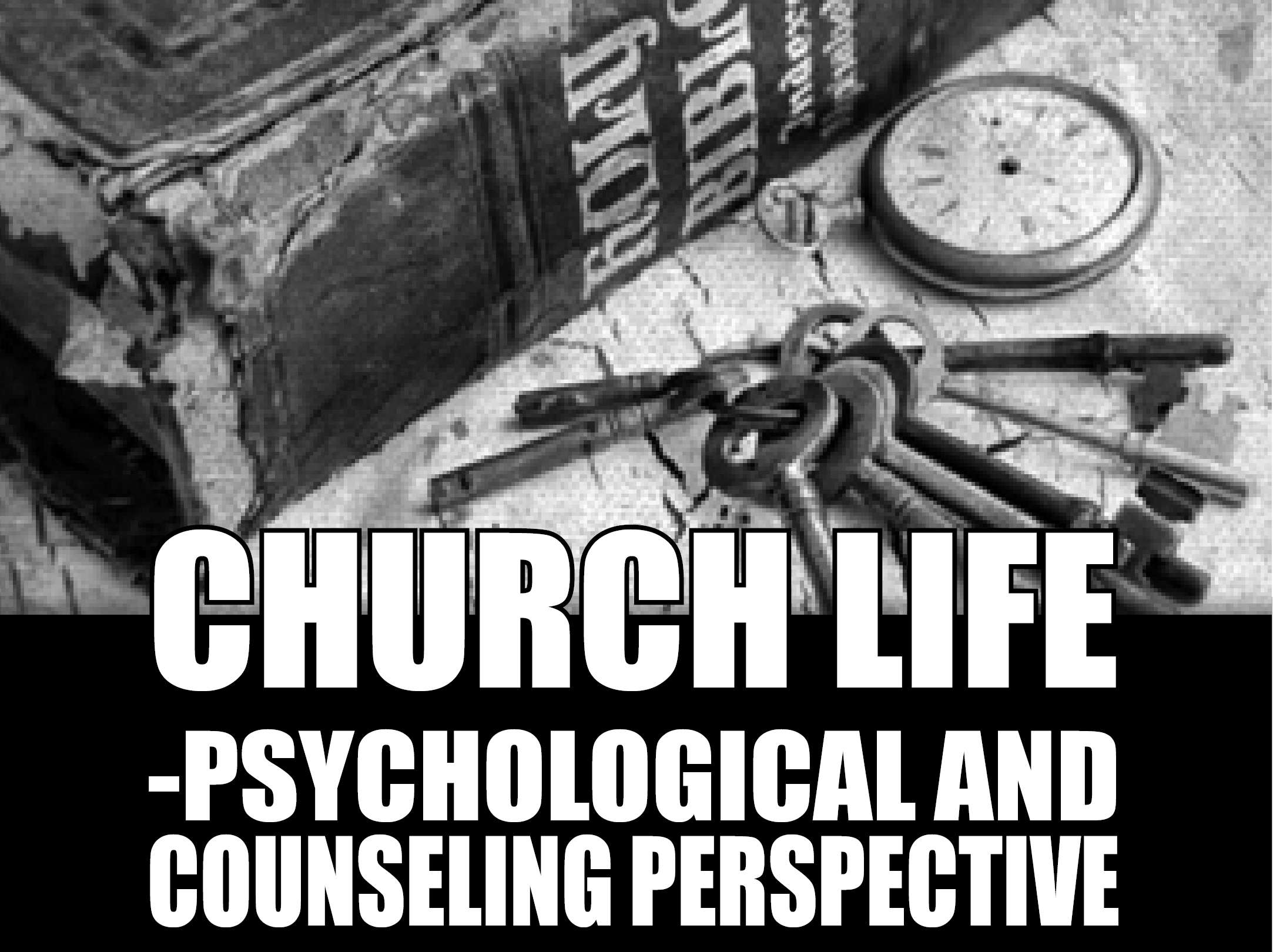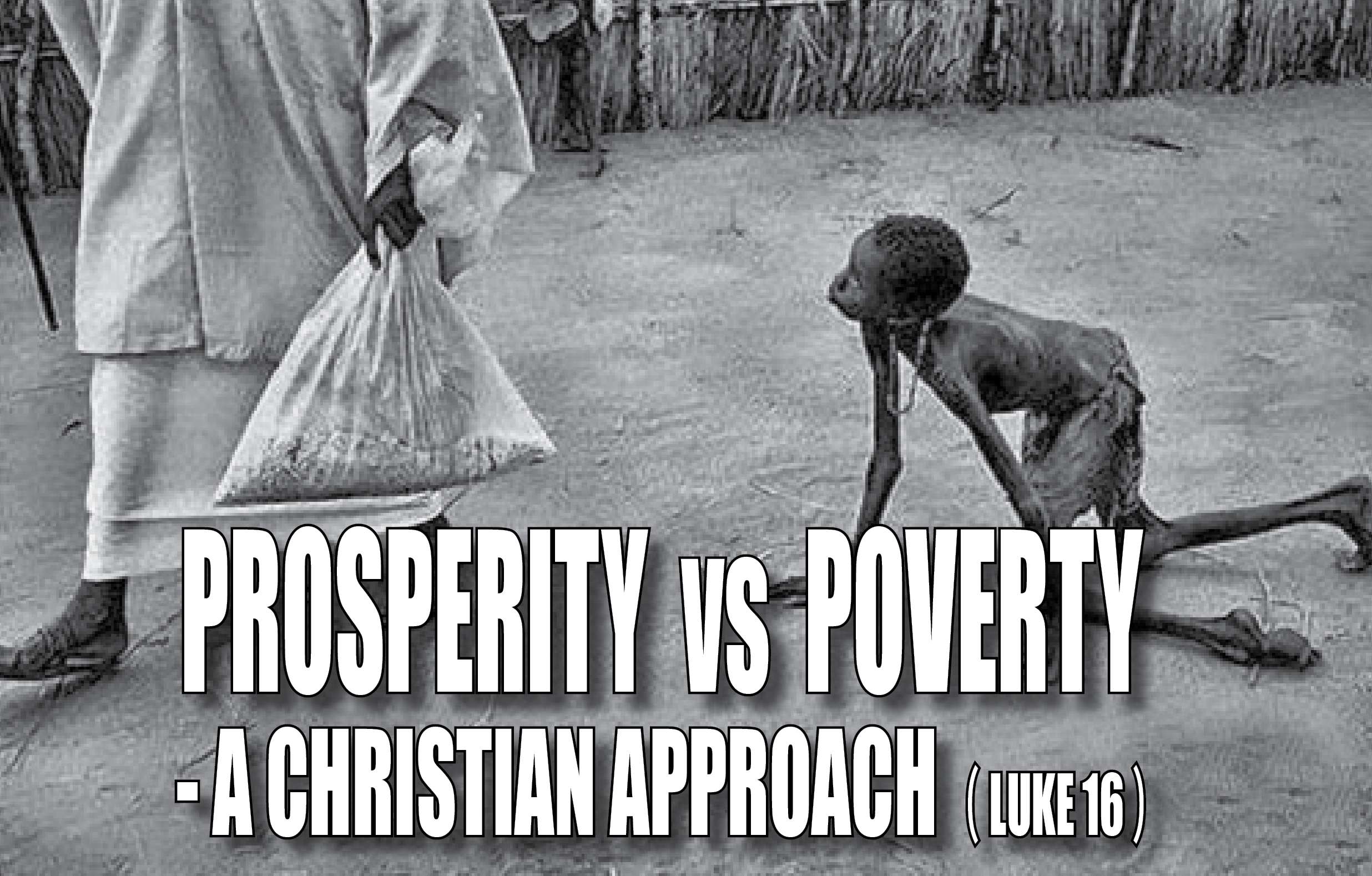
The Deceiving Clench of Greed: Unveiling its Formation and Influence
Dr. Saji Kumar K. P.
Greed is a part of human trait that has destroyed many relationships and many examples comes to our mind when we sit back and ponder on it. There were numerous wars and destruction upon humanity because some were clutched by the evil called greed. Greed manifests itself with the unquenchable thirst for power, wealth and relationships. Many people built their greedy life upon the sweat and blood of many lives and that stands out in every story of the tyrants. When self-interest becomes the driving force, ethical considerations are superfluous, and public officials may absorb in bribery, misappropriation, and abuse of authority. Such actions wear down public trust in institutions, leading to a breakdown of social fabric and weakening the fundamentals of fairness. The costs are far-reaching, as a society stuck in corruption struggles to achieve workable development and ensure justice for all its members. Let us look into the extensiveness of greed in this article.
THE FORMATION OF GREED
The behaviour of greed is shaped through a series of perceptions and conclusions drawn from childhood experiences and learning. Any child is born to the world as an innocent person who has a great ability to absorb what is seen and heard. The children are like sponges who absorb a lot of lessons from the information available in the family and environment. There are families that go through a lot of emotional traumas and that results in a series of unmet needs. The child takes in a vacuum in terms of either money, power, influence or prestige and the life is designed around this unmet need and later the very requirement to fulfil and gratify this vacuum in itself becomes the motto of existence. That is the psychology behind the clutch of greed.
We find several dictators who lived in this world with a greed of power and whatever power they have accumulated were not sufficient to fulfil the unmet need to have power more and more again. The whole life is destined to gain power over others and history is witness to that. Many dictators have a past full of unmet needs or trauma if you study them closely. Some others were taught in childhood that the meaning of existence itself is for power. They try to achieve it and this is their nature of greed. It can also be a reality when a child is deprived of power and the child believes my life is fulfilled only if I am able to exercise power over people.
PSYCHOLOGICAL FACTORS THAT CONTRIBUTE TO GREED
The psychology of greed discovers the complex workings of human behaviour and enthusiasm surrounding the unquenchable desire for more wealth, power, or possessions. Greed is a captivating force that drives individuals to uncompromisingly pursue personal gain, often at the expense of others. It is a multidimensional concept surrounding psychological, social, and economic factors. Greed often stems from a motivation on one's own needs and desires without considering the well-being of others. This self-centeredness can lead individuals to prioritize their own growth of resources at the expense of others. Greed can also be obsessed by a deep-seated anxiety of not having enough resources or a belief that there is a limited supply of desirable things. This fear can lead individuals to store wealth or possessions, seeking a sense of refuge and protection against future uncertainties.
Humans have a natural tendency to compare themselves to others, mostly in terms of wealth and material possessions. Greed can form inside a person when individuals perceive that others have more than them and feel a strong desire to acquire similar or greater levels of wealth and status. One psychological phenomenon that contributes to greed is known as hedonic adaptation. It refers to the tendency of individuals to adapt to positive experiences and material possessions, leading to a diminishing sense of satisfaction over time. As a result, individuals may continually seek more wealth or possessions in an attempt to sustain or recapture the initial level of satisfaction. This is a reality in every addiction also. This principle was also found in the heretic teachings of epicureanism. Epicurus argued that pleasure is the highest good and the ultimate goal of human life. However, he defined pleasure in a wider sense, referring to it as the absence of pain and disturbances, but heading to a lot of physical indulgence. This has directed a lot of threat to the teachings of the New Testament church at that time. The pursuit of pleasure, according to Epicureans, involves seeking a state of tranquillity and satisfaction. When this becomes the moto, the greed might appear as part of fulfilling the pleasure principle at the expense of others unquenchably.
Greed can also be reinforced through positive reinforcement and reward mechanisms. When individuals experience success or gain from their greedy behaviours, such as accumulating wealth or achieving financial goals, they are more likely to continue engaging in such behaviours. One of the problems with our society is that it promotes self-centred achievements at the expense of common good. When individuals line up their own achievements and interests at the expense of the common good, it reflects a self-centred mindset or behaviour. This approach is characterized by a lack of concern for the well-being or welfare of others and a narrow focus on personal gain or success. Prioritizing self-centred accomplishments over the common good can weaken social interconnection and shared harmony. When individuals act exclusively in their own self-interest, it can lead to divisions within communities and hinder collaboration and cooperation among people.
THE IMPACT OF GREED
Greed habitually involves pursuing personal advantage at the expense of ethical considerations. It can lead individuals to engage in unethical behaviours such as corruption, deceitfulness, or fraud. This wear down trust, destabilizes social values, and can have harmful effects on personal truthfulness and societal well-being. The existence of each society rest upon the way people trusts each other and support each other. The communities prosper only when people see to the benefit of each other against selfishness. But it is a known truth that the societies started to perish wherever there is lack of unity and wherever selfishness and greed eat into the common good of the society. The solid foundations of unity and closeness that has worked behind the formation of strong communities are slowly wearing out today.
Greed can drive individuals or institutions to exploit or take advantage of others for personal gain. This can occur in various forms, such as labour exploitation, environmental exploitation, or financial exploitation. Such actions can lead to the suffering, oppression, or marginalization of vulnerable individuals or communities. There are millions of people living in modern term for slavery that is forced labour, forced marriage and forced sex. There are many young people who become victims of sexual greed as they were cheated with seemingly love and concern and the aggression and exploitation concealed in it. By the time they realise the greed behind the exploitation, it usually becomes too late. There are many suicides happening everyday because of these brutal victimisation and subsequent inability to cope up.
Excessive greed can contribute to economic instability. When individuals or institutions prioritize short-term gains over long-term stability, it can lead to risky financial practices, market manipulation, or speculative trades. These actions can disrupt economic systems, lead to financial crises, and adversely affect global economies. Today the common saying is that the rich become richer everyday as poor becomes poorer. The concentration of supremacy and influence in the hands of a few individuals or companies can contribute to the widening wealth gap. Concentrated economic power permits the wealthy to exert more control over economic and political systems, possibly influencing policies in their favour.
While greed may initially provide a sense of satisfaction or achievement, it can also lead to negative psychological and emotional consequences. The persistent hunt of more can create a never-ending cycle of craving and dissatisfaction, hindering personal well-being and satisfaction. Greed can also damage individuals' relationships and lead to feelings of isolation, anxiety, or unhappiness, Greed often involves a self-centred focus, where individuals become absorbed with their own wishes and ambitions. This can lead to a lack of compassion and understanding towards others, as their primary concern is their own personal gain. This lack of compassion can crate stress in relationships and make it difficult for individuals to connect emotionally with their partners, family members, or friends. Greedy individuals may disregard or neglect the wishes, feelings, and desires of their loved ones. They may prioritize their own desires or quests, leaving little time, attention, or support for the people in their lives. This neglect can lead to feelings of bitterness, isolation, indifference and dissatisfaction in relationships. Greed often manifests as an extreme focus on material possessions and prosperity. This can lead to a shallow and money-oriented outlook on life, which can be incompatible with deeper emotional connections and shared values in relationships. It can make it challenging to build and sustain meaningful connections based on genuine care, support, and shared experiences.
Greed also produces spiritual conflicts within individuals. This conflict arises when there is a clash between one's materialistic desires driven by greed and the principles or values that guide their spiritual or ethical beliefs. With its focus on personal gain and accumulation, greed can be at odds with spiritual or ethical principles such as compassion, generosity, contentment, and detachment from worldliness. When individuals prioritize greed over the spiritual eternal values, it creates an inner conflict and a sense of spiritual dissatisfaction. Greed can lead individuals to engage in unethical behaviour or make morally questionable decisions to fulfil their desires for wealth or possessions against their spiritual convictions. This can create internal turmoil as they wrestle with the battle between their greed-driven actions and their moral or spiritual standards and beliefs. This can lead to a sense of emptiness, a loss of meaning, and a disconnection from one's purpose or higher values of life as taught in the scripture. Despite the hunt of wealth and possessions driven by greed, individuals may find that they are never accurately satisfied or fulfilled. This inner dissatisfaction can effect from a spiritual conflict between the pursuit of material wealth and the realization that true happiness and contentment lie in non-material aspects of life, such as relationship with God, personal growth, community living, and spiritual well-being.
OVERCOMING GREED
The first step in overcoming greed is to develop self-awareness and recognize the presence of greed within oneself. There must be acceptance of the negative consequences of greed that has resulted in relationship issues, personal dissatisfaction, spiritual conflicts etc. There must be reflections on selfish desires, motivations, and behaviours to understand how greed manifests in life. The change starts from contemplating upon attention to the thoughts, emotions, and actions associated with greed. The work of the Holy Spirit is a great key factor in the whole procedure. The person must wait upon the Lord and be willing to listen to the inner voice of the Holy Spirit. The vision of eternity that alleviated greed from the heart of Jacob must be allowed to work in each of us.
Practicing thankfulness and satisfaction can help shift the focus away from accumulating material possessions and towards appreciating and being satisfied with what we currently have. Regularly let us take time to acknowledge and be grateful for the blessings in our life. Practice placing ourself in the shoes of others and seeking to understand their needs and viewpoints. Enthusiastically engage in acts of compassion and generosity towards others, whether through volunteering, helping those in need, or supporting charitable causes. This can help to get away from self-centred tendencies. Let us also engage in activities that nurture personal development in spirituality, enhance connections with loved ones, and contribute to the well-being of others. Devote your time, energy, and resources in experiences that align with your spiritual values and bring a sense of purpose.
God bless you!






